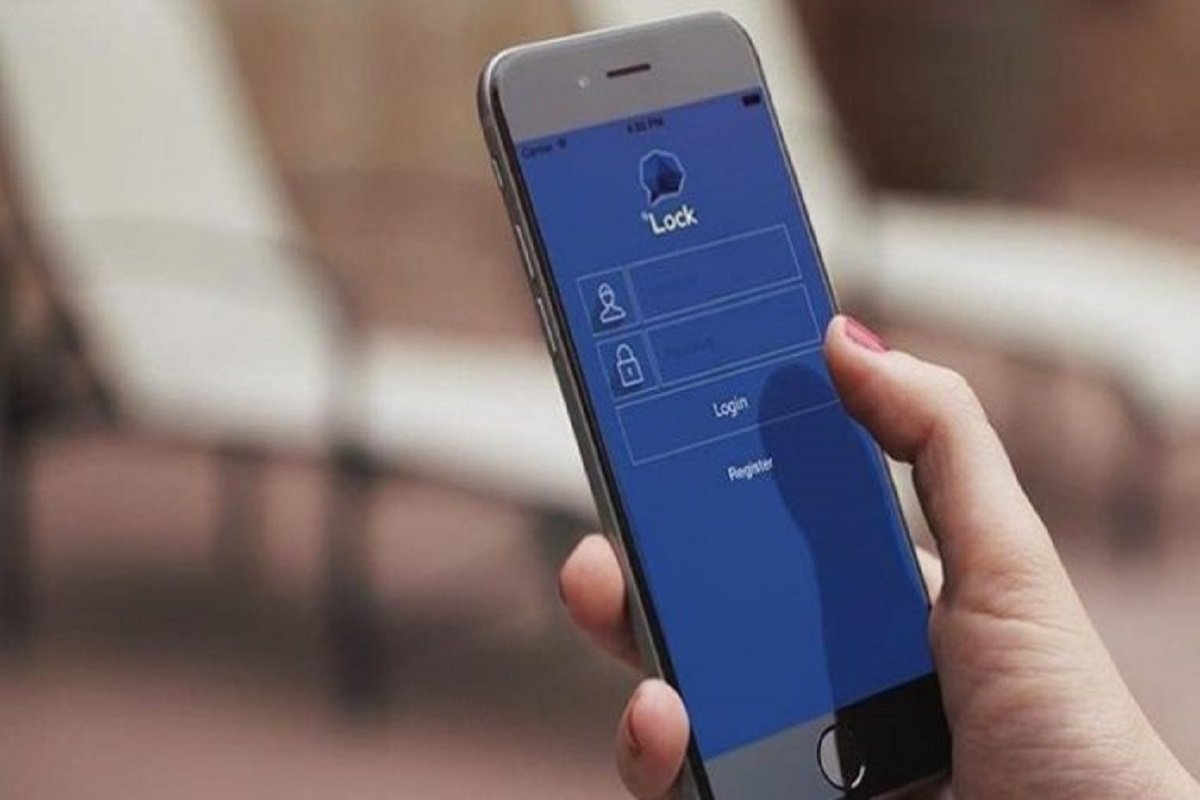The İstanbul Chief Public Prosecutor’s Office on Tuesday issued detention warrants for 102 people on accusations of using ByLock, a smartphone application that Turkish authorities believe was a means of communication among followers of the faith-based Gülen movement.
According to a state-run Anadolu news agency report, at least 45 of the suspects were detained.
On Monday Adana police detained 41 former police officers who were dismissed by government decrees during a now-ended state of emergency.
The Turkish government started a massive crackdown on the Gülen movement following an abortive coup on July 15, 2016, detaining over half a million people for their alleged ties to the movement.
In December Turkey’s interior minister announced that there were more than 90,000 ByLock users in the country.
The UN Human Rights Council’s Working Group on Arbitrary Detention stated in October that detention, arrest and conviction based on ByLock use in Turkey violated of Articles 19, 21 and 22 of the International Covenant on Civil and Political Rights.
The working group examined an application submitted by Mestan Yayman, a former vice governor of Antalya province who was dismissed by a government decree on Aug. 29, 2016 due to Gülen links.
Human rights organizations strongly argue that the right to privacy requires encrypted messaging. A document published by Amnesty International (AI) on human rights activists arrested in Turkey in 2017 underlined that possession of an internationally available and widely downloaded application does not represent a criminal offense. “The Government’s methods for identifying users are seriously flawed in general,” AI said in the document.
On March 4, 2016 UN High Commissioner for Human Rights Zeid Ra’ad Al Hussein published a written statement on a heated debate between Apple and the FBI and pointed out that “[e]ncryption and anonymity are needed as enablers of both freedom of expression and opinion, and the right to privacy. It is neither fanciful nor an exaggeration to say that, without encryption tools, lives may be endangered.”
More specifically, David Kaye, the UN special rapporteur on the promotion and protection of the right to freedom of opinion and expression, highlighted in his report submitted to the UN’s Human Rights Council (35th session, June 6-23, 2017) that government action on ByLock usage is the criminalization of encryption and an example of human rights abuses.
Finally, a recent report published by the Stockholm Center for Freedom (SCF) revealed the absurd pretexts used by prosecutors to indict suspects and judges to jail innocent people who are alleged to have been affiliated with the Gülen movement. The report finds that a fundamental legal principle, nulla poene sine lege, or no penalty without a law, has widely and systematically been violated.
Since the 2016 coup attempt, hundreds of thousands of people from all walks of life have been subject to investigation on trumped-up coup allegations (SCF with turkishminute.com)










